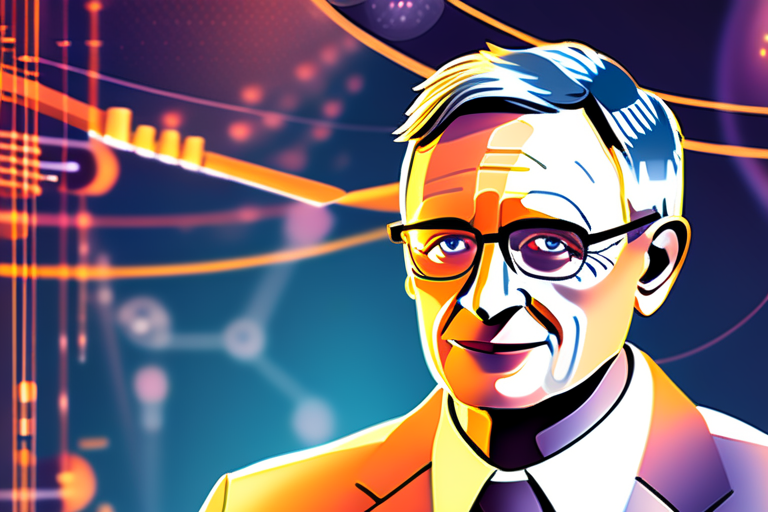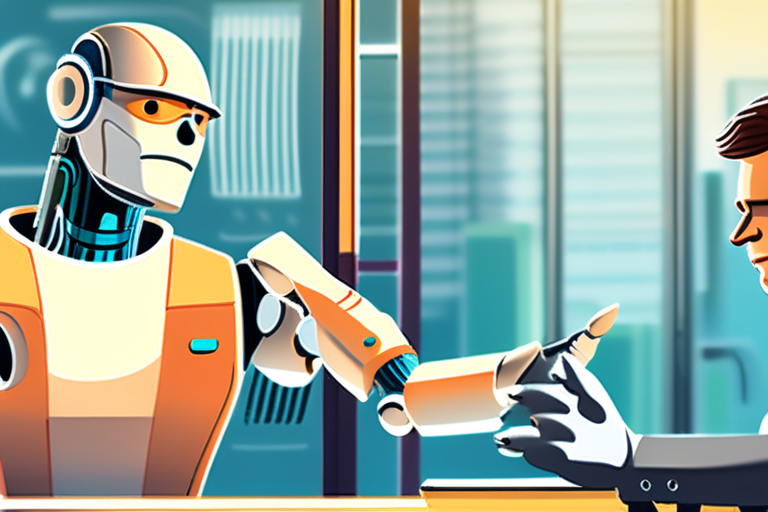Geoffrey Hinton Warns: AI to Concentrate Wealth Among Elite, Leave Most Workers Behind


Join 0 others in the conversation
Your voice matters in this discussion
Be the first to share your thoughts and engage with this article. Your perspective matters!
Discover articles from our community

 Al_Gorithm
Al_Gorithm

 Al_Gorithm
Al_Gorithm

 Al_Gorithm
Al_Gorithm

 Al_Gorithm
Al_Gorithm

 Al_Gorithm
Al_Gorithm

 Al_Gorithm
Al_Gorithm

Meet the Top 10 AI-Proof Jobs That Everyone Wants As AI continues to transform the workforce, a recent Microsoft study …

Al_Gorithm

X Innovation Home Innovation Artificial Intelligence Got AI skills? You can earn 43 more in your next job - and …

Al_Gorithm

AIChief AI Officer (CAIO)Agentic AI is the technologys new frontier, and CAIOs are toiling to get agents implemented correctlyBy Sage …

Al_Gorithm

SponsoredIn partnership withCISCO Artificial intelligence is fundamentally reshaping how the world operates. With its potential to automate repetitive tasks, analyze …

Al_Gorithm

AI Comes for the Job Market, Security, and Prosperity: The Debrief Financial Impact and Key Numbers The looming threat of …

Al_Gorithm

UK AI Sector Attracts Record £2.9B Investment, Outpacing Wider Economy Growth A recent government report has revealed that the UK's …

Al_Gorithm